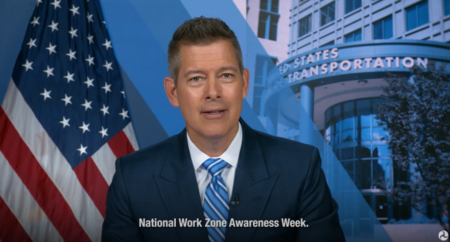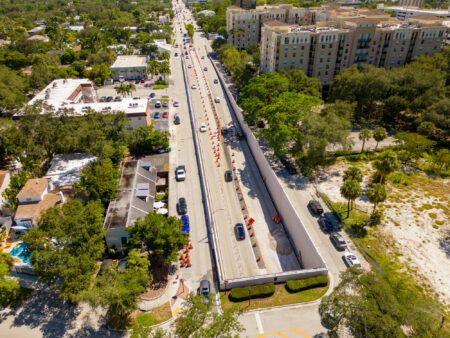The UK’s Department for Transport (DfT) is starting the second phase of a program to investigate road accidents, in order to inform future transport policies, as well as help improve the design of vehicles and roads.
The UK’s Transport Research Laboratory (TRL) has been appointed as the sole contractor for phase two of the DfT’s Road Accident In Depth Studies (RAIDS) program. One of only two projects operating at this scale in the whole of Europe, RAIDS is the DfT’s flagship program for in-depth collision research in the UK. A specialist team attends the scene of road collisions minutes after they have occurred and gathers real-world evidence on their causes and consequences. The aim is to use this data worldwide to inform transport policy, as well as the development of safer vehicles and infrastructure. Phase one of RAIDS began in 2012 and saw the investigation of more than 1,255 road collisions. TRL will now continue with the second phase of the program, which is scheduled to run for three years, until March 2019.
RAIDS differs from investigations carried out by the police, because it is designed to understand how people are injured, rather than necessarily determine responsibility for the collision. Detailed information is collected about the crash site, including highway features and environmental factors. Vehicle damage is matched to the injuries received, in order to understand how vehicle design can be improved. The data collected is highly valued by governments, industry and the international research community, and has been used to inform a number of road safety research projects, both in the UK and worldwide.
“RAIDS builds on our long-standing relationship with the DfT, and is another example of how our work is helping to drive sustained reductions in fatalities and serious injuries,” noted Richard Cuerden, chief scientist for engineering and technology at TRL. “Using our unique skills and expertise to interpret and correlate complex collision data, we can ensure lessons are learned early to prevent future casualties on our roads. The evidence and insight gained from RAIDS is used to inform effective interventions, strategies and policies to mitigate risk and improve road-user safety. This is especially relevant today, given the unprecedented change in vehicle technologies we are experiencing. As vehicles become more technologically advanced, it’s likely that the type of collisions will change, so there is an urgent need to ensure all interventions are future proofed and cost-effective. RAIDS continues to evaluate the performance of new vehicle and infrastructure measures, and seeks to identify how, where necessary, these can be improved to maximize safety for all road users.”
UK Roads Minister, Andrew Jones, said, “Britain already has some of the safest roads in the world, but we are determined to build on the progress that has been made. We are pleased to continue our work with the TRL on the next phase of the RAIDS program to use and evaluate crash data. This information has already helped road and vehicle designers to create safer roads and cars.”




